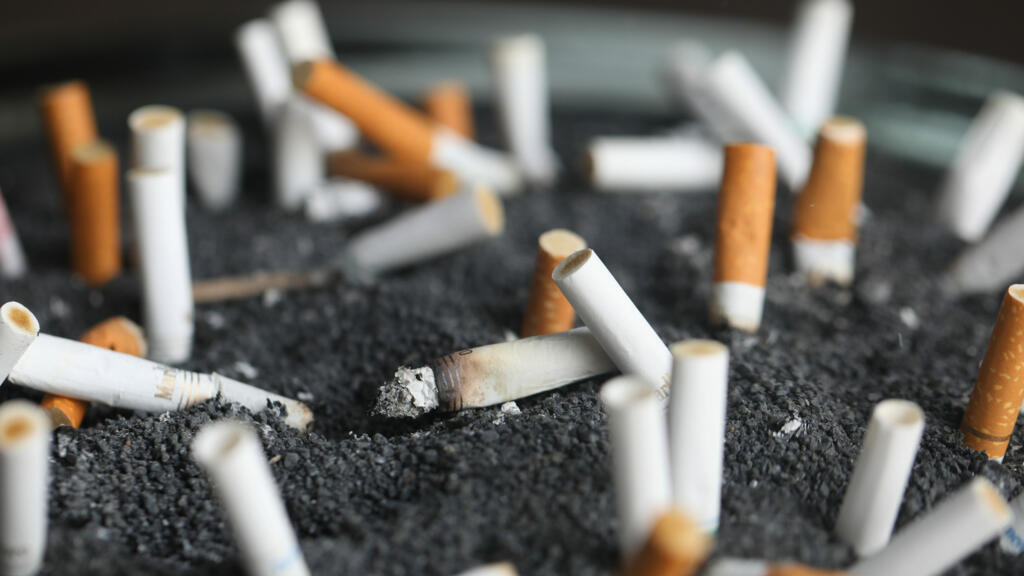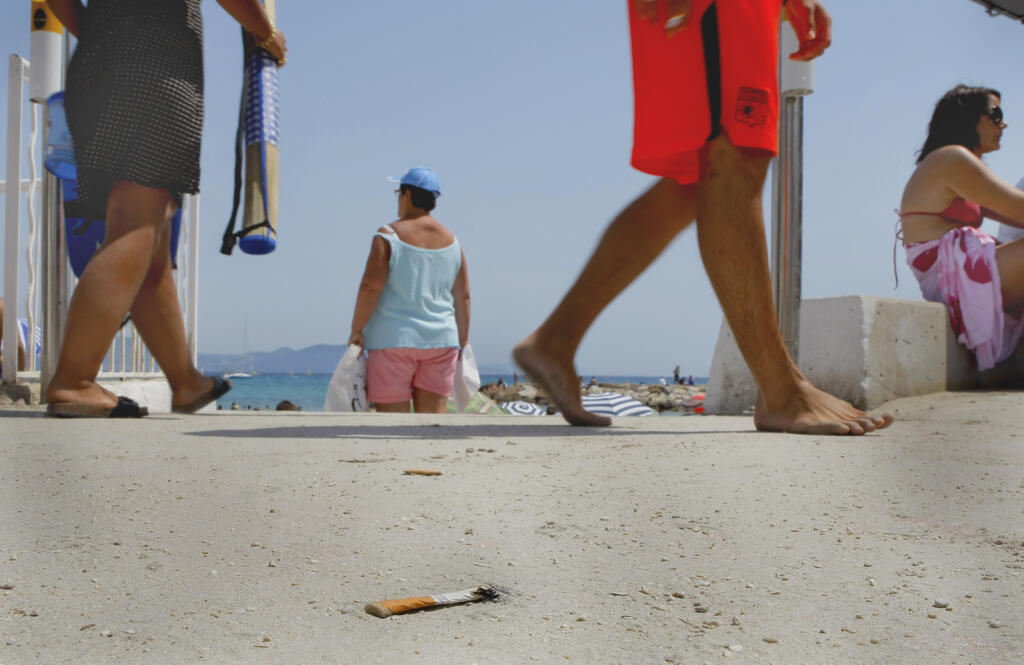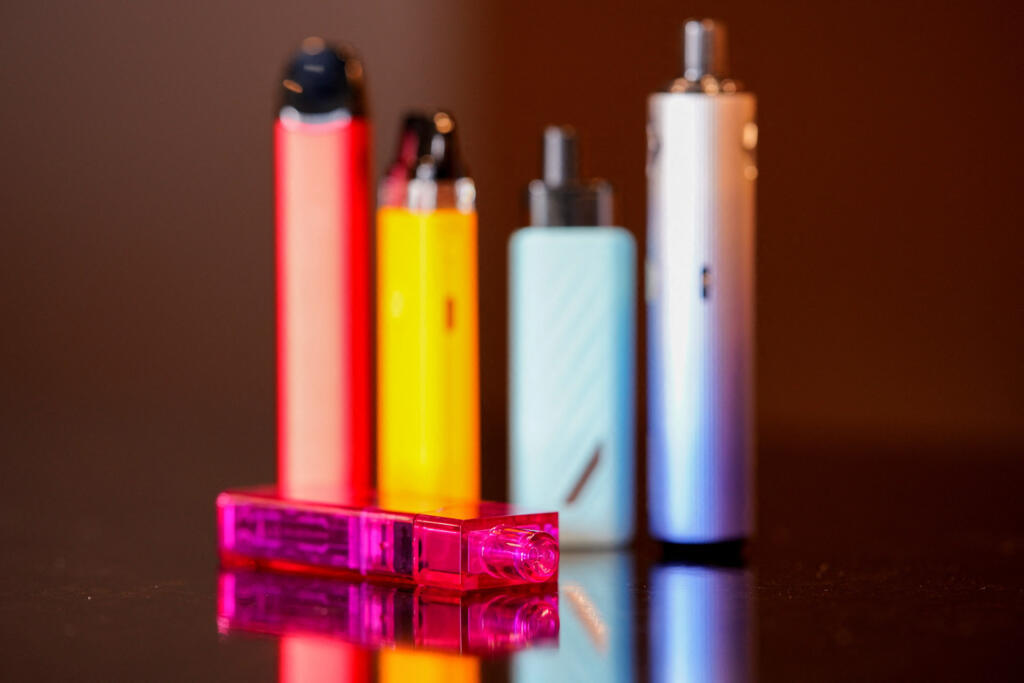
Decision-makers from around the world are gathering in Geneva from Monday for a week-long conference that could help determine the direction of international efforts to rein in the dangers of tobacco. The environmental impact of cigarettes and marketing strategies that target young consumers will be top of the agenda.
Some 1,400 delegates representing governments, international organisations and civil society will converge in Switzerland for the 11th conference of the parties to the World Health Organization's Framework Convention on Tobacco Control (FCTC) from 17 to 22 November.
To date a total of 183 parties have joined the convention since it came into force 20 years ago, representing more than 90 percent of the world's population.
The landmark treaty has brought in a package of tobacco control measures, including picture warnings on cigarette packets, smoke-free laws and increased taxes.
This week's conference will take decisions that will set the trajectory of the global tobacco epidemic for future generations, said Andrew Black, acting head of the secretariat of the FCTC. He said more than seven million deaths a year were down to tobacco – an "entirely preventable" body count.
One of the key concerns is addressing the pollution caused by huge quantities of cigarette butts discarded around the globe.
A ban on butts?
Plastic cigarette filters are the world's most littered item, leaching toxic chemicals into the environment and breaking down into microplastics – while doing very little for the smoker, health experts say.
Black believes "the best thing that we could see for the environment is getting rid of filters altogether".
"An estimated 4.5 trillion cigarette butts are littered each year worldwide, making them the most common form of litter on the planet," he told reporters last week.

The US-based non-profit Ocean Conservancy says it had collected more than 63 million cigarette butts worldwide since 1986, a huge number of them in Europe.
Rudiger Krech, the WHO's environment and climate change chief, said it was "high time to ban those plastics", which commonly end up in water systems and are contaminated with nicotine, chemicals and heavy metals.
Ultimately, it will be down to individual countries whether to declare a ban or any other measures.
Ocean campaigners hail French move to snuff out cigarette butt pollution
Millions of teen vapers
Another major agenda item is the "aggressive marketing" of tobacco products, as well as widespread concerns about the numbers of children being lured into addiction via new tobacco products.
The WHO wants comprehensive bans on tobacco advertising, promotion and sponsorship, including for electronic cigarettes and nicotine pouches.
According to the organisation's first global estimate of e-cigarette use, more than 100 million people are vaping, including at least 15 million teens aged 13 to 15.
WHO chief Tedros Adhanom Ghebreyesus warned: "Although e-cigarettes are often promoted as safer alternatives to conventional tobacco products, there is no evidence of their net benefit for public health – but mounting evidence of their harm."

Benn McGrady, head of the WHO's public health law and policies unit, said the tobacco industry was "lobbying like crazy" and "trying to sow division".
He said their new products were being marketed as consumer products of harm reduction, but in fact bore characteristics that are "specifically attractive to children", such as bright colours, sweet flavours and social media campaigns.
In February this year, France became the second European country – after Belgium – to ban the sale of disposable e-cigarettes known as "puffs".
Health authorities in France and Belgium say that chronic nicotine consumption is especially harmful to the adolescent brain and could encourage use of other drugs.
France becomes second European country to ban disposable e-cigarettes
Tobacco-free generation?
France also decided to ban nicotine pouches, sachets, balls and gum. Denounced for their toxicity and addictive nature, particularly for children and adolescents, they will be banned in France from March 2026.
The European Union aims to achieve a tobacco-free generation by 2040, reducing the 27-country bloc's smoking population from around 25 percent now to less than five percent of the total.
According to the WHO, tobacco use in the EU is gradually declining, but every year it continues to kill more than half a million people. Of these, almost 80,000 die from exposure to secondhand smoke.
Polish tobacco producers protest as EU weighs up cutting funding to farms
A second meeting will take place in Geneva from 24 to 26 November, to examine a range of measures aimed at eliminating the illicit trade in tobacco products.
This trade accounts for an estimated 11 percent of the global tobacco market, and costs governments over $47 billion in lost tax revenues annually. It has also been linked to corruption and organised crime.







